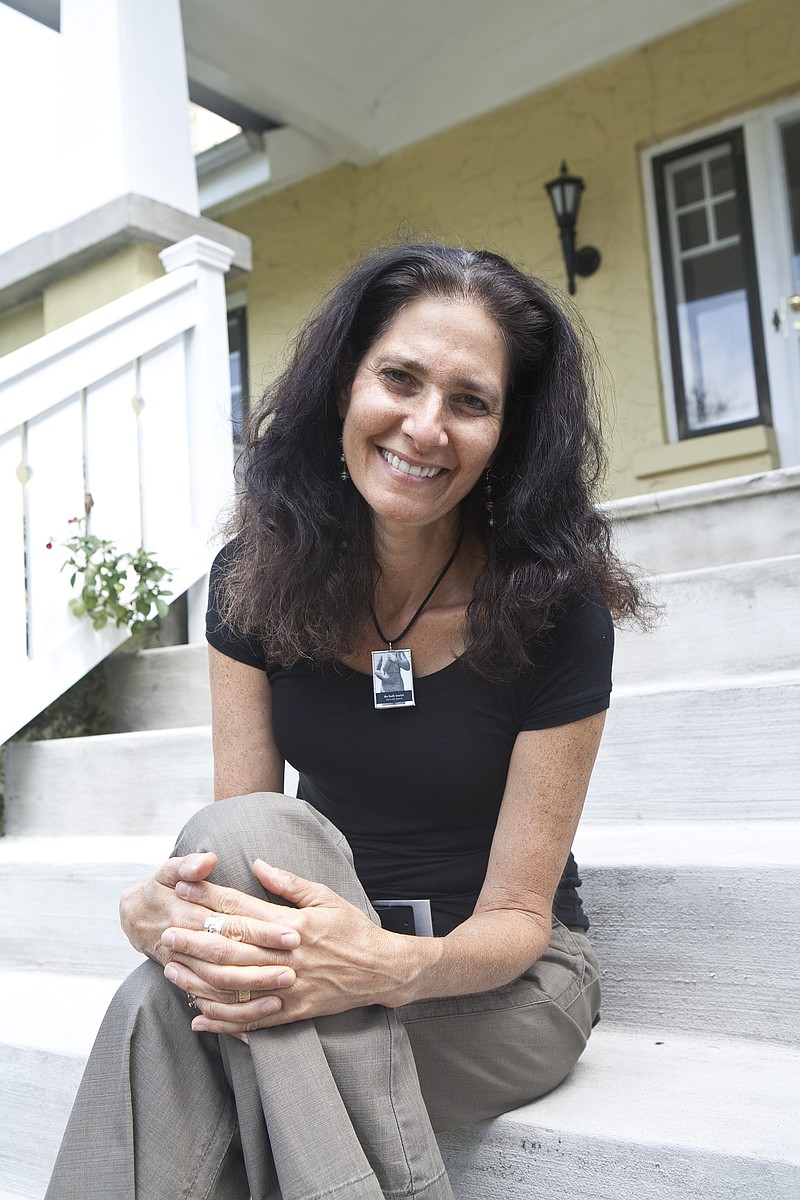The other day, someone asked me what I'd been doing all morning. "Finishing my article for Psychology Today," I said, with no humility whatsoever. I was feeling Super Good about myself, like the way you feel when you've just finished writing an article for Psychology Today and someone asks you what you've been doing and you get to say it out loud.
After that exchange, I proceeded to do the only thing that made sense: I went shoe shopping. At the shoe store, someone was talking about a young woman who'd rescued a child from a burning building (or the equivalent). This was hard enough to swallow since I've never rescued anyone from anything, but then it came out that Amazing Rescue Person was four decades younger than I am. I hated her for that. I envied her like bronze envies gold.
Ego is a bear and a burden. Attaching to ego - that is, believing either the heady and wonderful things your ego tells you (magazine writing equals cool) - or the terrible and painful things it tells you (never rescuing anyone equals waste of human existence) - is a roller coaster you can ride until the wheels fall off. What makes the above story (about my envy of the girl) particularly funny (and sad) is the fact that the Psychology Today article I just finished writing is about envy.
I am a veritable walking Wikipedia on the subject of envy. I know more about envy's origins, its defining characteristics and its repercussions than I know about my own family history, thanks to several months' worth of interviews with national and international clinicians, researchers, professors and celebrity doctors. You would think this kind of intense study would declaw an emotion. But no. I was so envious, it was all I could do to begin a torrid love affair with a pair of sneakers and buy them before running out of the store.
"Envy is the universal emotion no one seems to have," says Josh Gressel, a psychologist in the San Francisco Bay area. Very few people admit to it because it's accompanied by such shame. Given that this is the case, it was no wonder nobody on my Facebook page raised their e-hand when I asked if anyone would be willing to talk to me about their envy. (Interestingly, when I put out the same call on my closed Facebook writers group, several people responded. Which means one of two things: Either writers are more envious than the general population, or, since trolling one's own soul for content is pretty much standard fare for writers, it feels only natural to share our findings.)
I don't mind saying that this trolling and sharing is how I got the assignment from Psychology Today in the first place. I envied my husband's success. I struggled with that envy (let's just say, for fun's sake, that it was for decades and it was a horrible time in our lives and I was deeply ashamed and he was deeply pained). All of this I wrote about in a personal essay, which I sent to the magazine, which they rejected, then later assigned as a reported feature. This was exactly the ego boost I needed. Finally, I was Over My Envy and no longer feeling less than my husband in any way, nor would I ever, again.
And then one afternoon, still Over My Envy, the editor emailed with a request. Would my husband and I be willing to appear in the magazine along with my article? I wrote her back immediately and said absolutely, without a doubt, we'd be delighted to, after which I called my husband and asked if he was OK with it.
That night, I dreamed that the Psychology Today staff arrived at our home for the photo shoot. I greeted the team of photographers (for some reason we necessitated a "team"), and we sat down in the living room to wait for my husband. At last he arrived, looking impeccable in pin-striped slacks, a freshly ironed button-down shirt and a sport coat. He would be stunning in the photo. It was then, with dawning horror, that I realized my own outfit's numerous failings: I was wearing giant khakis that did not appear to be my own, with heavy, unwashed athletic socks and no shoes. My bra was around my neck.
Ah, envy. It's so good to be Over It.
Dana Shavin's memoir, "The Body Tourist," is available on Amazon and locally at Barnes & Noble and Star Line Books. Her website is danashavin.com. Email her at dana@danashavin.com.
